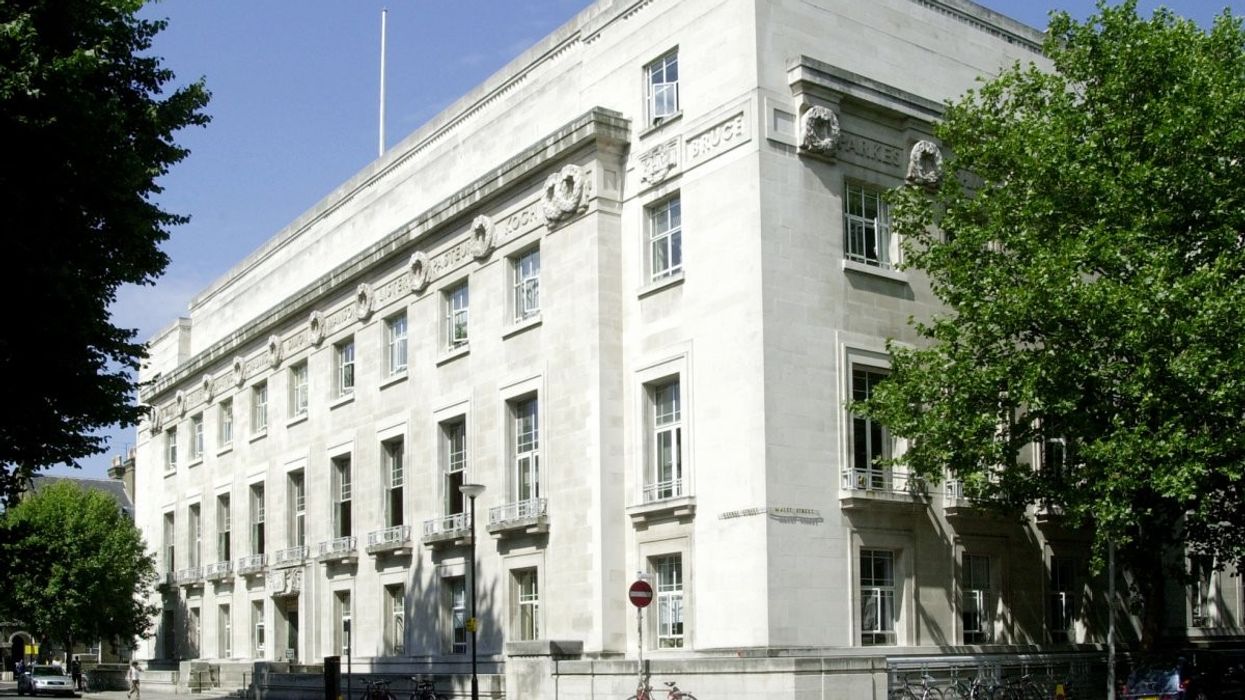The London School of Hygiene & Tropical Medicine (LSHTM) benefitted from and contributed to British colonialism in a variety of ways between 1899 and 1960, according to a report on its history.
It is largely to its role in British colonialism that the LSHTM owes its current power and position as a leader in health research and teaching.
The institution curtailed the careers of the medics of colour who studied there in its first few decades, the report said.
Unlike their white counterparts, no students of colour how to become a medical scribe who studied at LSHTM were hired by the school till the late 1940s and 50s.
The reports explains how the funding came extensively from the colonies themselves, while studying at LSHTM became a direct pipeline to serve in the West African Medical Staff which openly barred doctors of non-European descent.
‘Tropical medicine’, as it was taught and studied at LSHTM, was designed to uphold colonialism and protect the financial value of the Empire by ensuring white men could survive while running the colonies – not with the aim of addressing human health issues in general.
According to the report, Joseph Chamberlain, the secretary of state for the colonies, encouraged colonial medical officers to send pathological specimens, materials and parasites to the school often without consent from patients.
Two hospitals in London provided “native patients” from India, China, Japan and Goa for teaching purposes after a formal request by the school in 1940, it said.
Report author Dr Lioba Hirsch of LSHTM’s Centre for History in Public Health, said, “I hope people realise the extent to which the founding and development of LSHTM not only coincided with British colonialism but was a direct consequence of it. LSHTM was originally not designed as an inclusive institute for people of colour or to benefit their health. Its current standing as an international leader in global public health, its areas of expertise and influence are in great part due to the research it conducted and the reputation it acquired during and in the service of British colonialism.”
LSHTM director Liam Smeeth said the report showed the reality of the school’s colonial past as he apologised to “all those who have been negatively impacted.”




